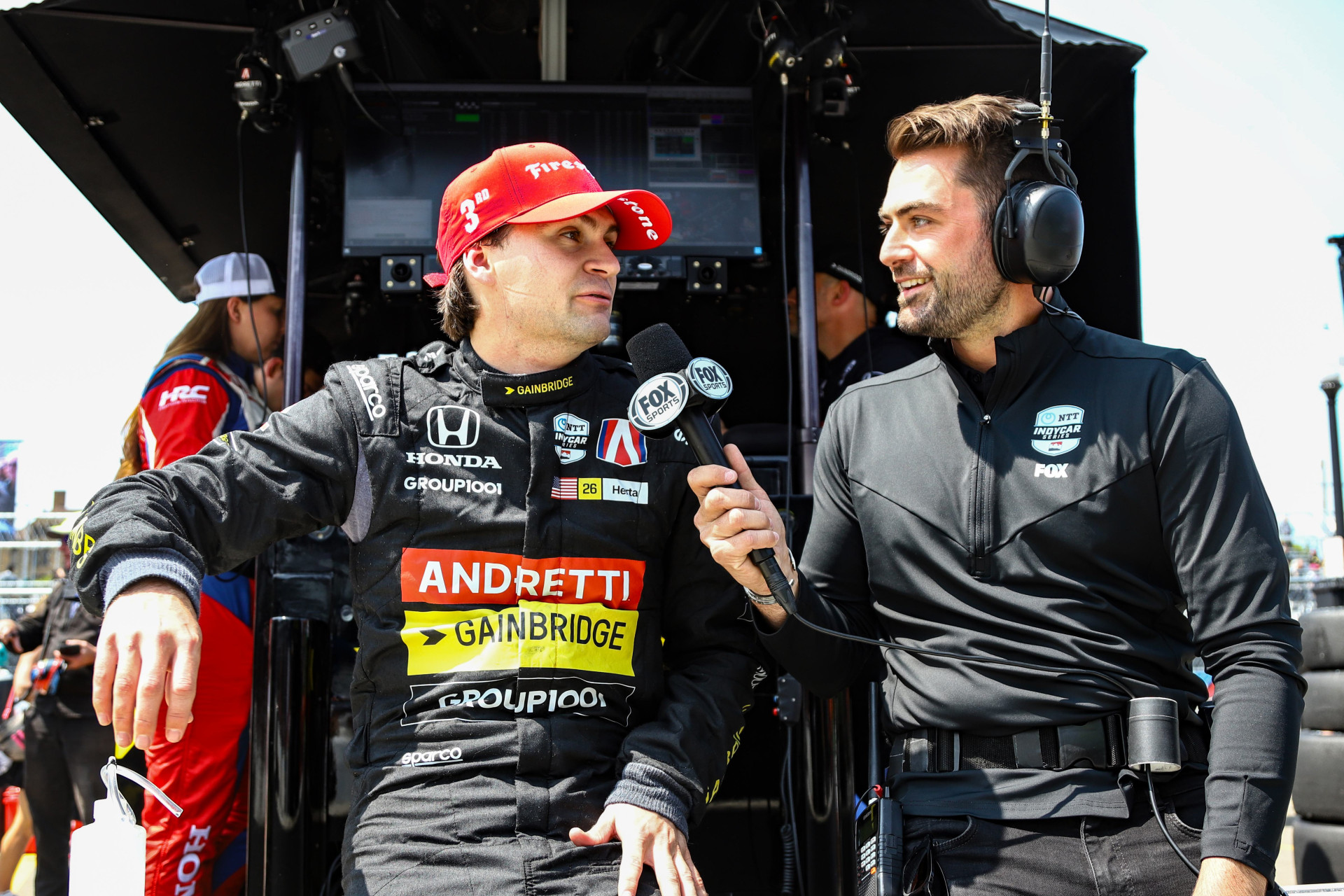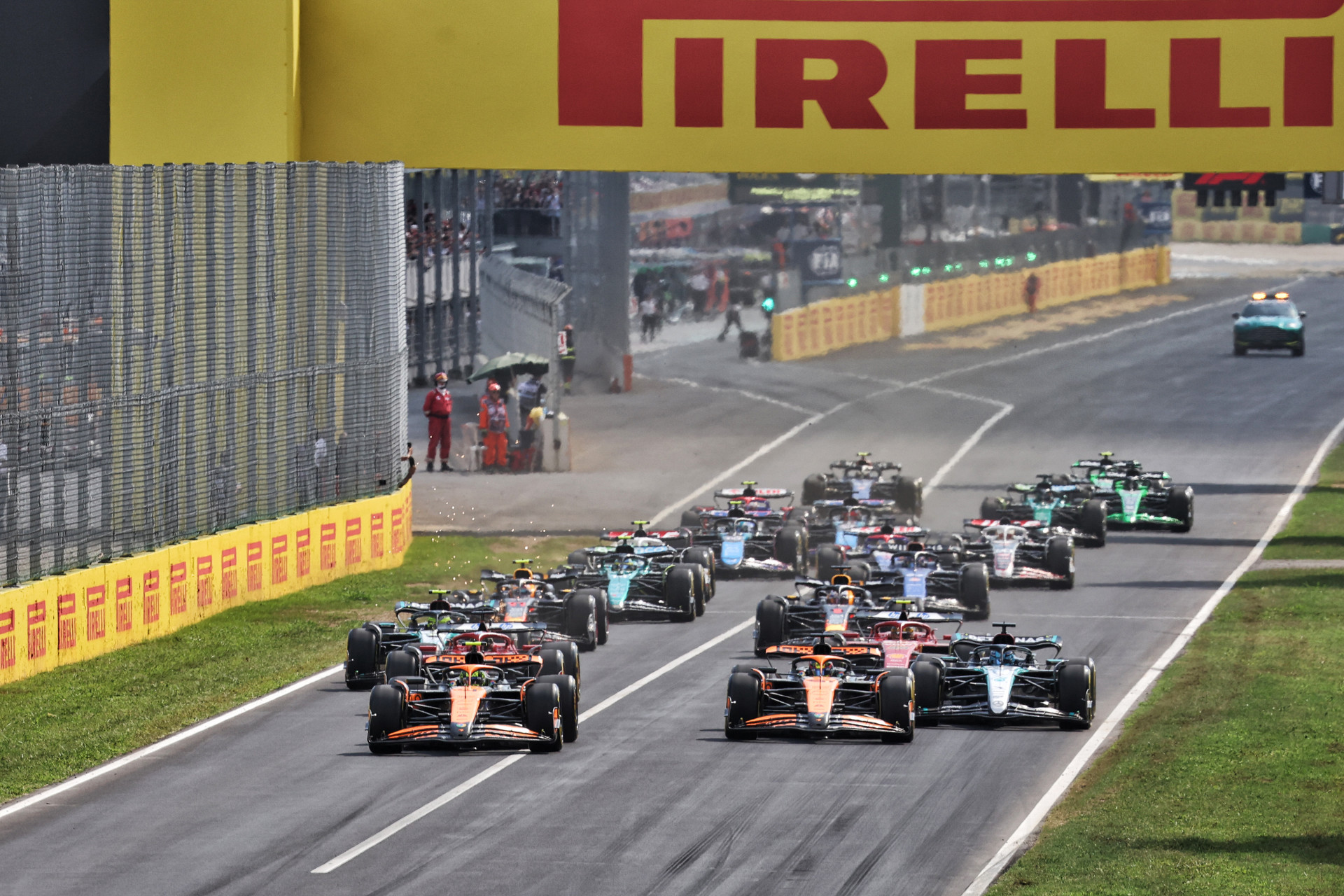
F1's Obscure 'Dropped Scores' Rule: Could it Have Made Modern Title Fights Fairer?
The current F1 title dynamic, where every point counts, might feel rigid, especially after a race-ending incident. Imagine a scenario where a DNF doesn't immediately derail a championship bid. This was once the reality in Formula 1.
Why it matters:
Lando Norris's recent DNF at Zandvoort significantly hampered his title hopes against Oscar Piastri. With a 34-point gap between the two McLaren drivers, every retirement is a heavy blow. However, if F1 still used its historic 'dropped scores' system from the 1970s, Norris's situation wouldn't be as dire.
The Rule's History:
Historically, F1 operated under a system designed to mitigate the common mechanical failures of the era. Drivers were not required to count all their results; their worst scores were dropped. This meant:
- Early Years (1950s onwards): Only a selection of best results (e.g., four out of seven) counted towards the championship.
- Split Seasons (from 1967): The season was often split into halves, with a set number of results counting from each, allowing drivers to discard their worst performance in each half.
- 'Best 11' (1980s): The rule evolved to count the 'best 11' results, aiming to reward outright wins more than consistent but lower finishes.
This system effectively gave drivers 'jokers' to burn, mostly used for mechanical DNFs, with the goal of letting pure performance rather than bad luck decide the title.
Impact on Modern F1:
Applying this historical rule to today's 24-race calendar provides an interesting hypothetical:
- Lando Norris: His Canadian GP retirement would be negligible, and his Zandvoort DNF would simply be a non-counting result, giving him a buffer for future incidents.
- Oscar Piastri: He might lose a couple of points from his worst early-season result or have his 18 points from Hungary discounted if it were his 'worst' second-half score.
While complex and potentially confusing, it would offer a layer of fairness against unpredictable mechanical failures, similar to how Lewis Hamilton's engine failure in Malaysia 2016 heavily impacted his title fight against Nico Rosberg.
The Debate:
Is the current 34-point gap between Norris and Piastri truly reflective of their performance difference? In qualifying, they are often separated by mere thousandths of a second. Piastri has shown consistency and speed, but Norris is closely matched.
Why it Won't Return:
- Complexity: The 'dropped scores' system adds a layer of arithmetic that could alienate new fans, who prefer simpler scoring like in football.
- Improved Reliability: As car reliability significantly improved by the 1990s, the need for 'jokers' diminished. The system was finally shelved in 1991, with drivers keeping all their points.
- F1's Nature: F1 is inherently a technical sport, and mechanical reliability, even if it feels unfair, is part of the challenge and spectacle.
Ultimately, a championship defines a winner under predefined rules, which doesn't always perfectly align with identifying the 'strongest' athlete in an abstract sense. While the old rule offers an entertaining 'what if,' its return is highly improbable.
Original Article :https://www.motorsport.com/f1/news/f1s-ridiculous-rule-that-couldve-made-the-202...








